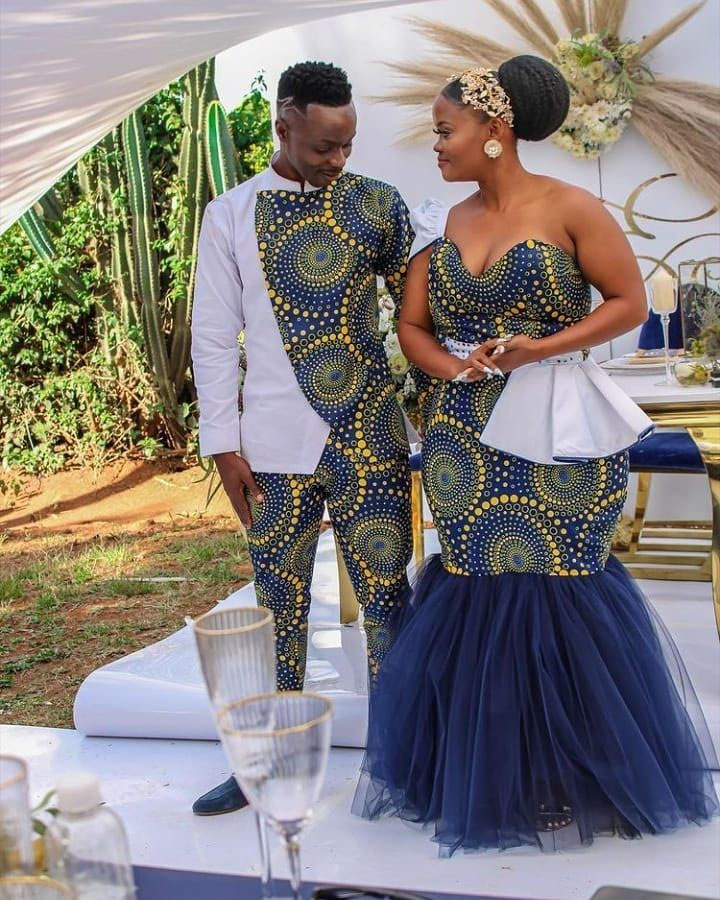
-
FASHION
-
DESIGNER DEMNA LEAVES BALENCIAGA FOR GUCCI
Photo Credit: Getty Images Georgian designer Demna is departing Balenciaga after a decade to...
-
SARAH PAULSON MAKES HER RUNWAY DEBUT AT PARIS FASHION WEEK 2025
Photo Credit: Getty Images On March 11, the American Horror Story actress made her runway debut at...
-
LONDON FASHION WEEK AT 40: A TIME OF CHANGE AND REFLECTION
Photo Credit: Getty Images London Fashion Week celebrated its 40th anniversary amid an evolving...
-
NEW YORK FASHION WEEK WELCOMES MEXICAN DESIGNER PATRICIO CAMPILLO
Photo Credit: Getty Images As New York Fashion Week kicks off, excitement is building for both...
-
MENSWEAR FASHION WEEKS SS25
Photo Credit: Jamie-Maree Shipton The fashion world is abuzz as Menswear Fashion Weeks for...
-
BLACKPINK'S JENNIE MAKES RUNWAY DEBUT IN ITALY
Photo Credit: Getty Images Jennie Kim, a member of the global sensation Blackpink, made a stunning debut...
-
VIRGINIE VIARD EXISTS CHANEL AFTER FIVE YEARS AS ARTISTIC DIRECTOR
Photo Credit: Marc Piasecki Virginie Viard is stepping down from her role as Chanel’s artistic...
-
VERONICA LEONI NAMED CREATIVE DIRECTOR AT CALVIN KLEIN
Photo Credit: Getty Images Italian designer Veronica Leoni has been appointed as the new creative...
-
A LEGACY OF ELEGANCE: SUNNY VON BÜLOW’S MAGNIFICENT JEWELS AT CHRISTIE’S
Photo Credit: Getty Images The world of high jewelry is set to witness a remarkable event as...
-
BELLA HADID STUNS IN SHEER SAINT LAURENTS DRESS AT 2024 CANNES FESTIVAL
Photo Credit: Getty Images Bella Hadid left little to the imagination at the 2024 Cannes Film...
-
COUTURE FASHION: WHERE ARTISTRY MEETS WEARABLE DREAMS
Photo Credit: Getty Images Couture fashion, often referred to as haute couture, represents the...
-
SOUTH AMERICAN FASHION AND DESIGN
The fashion and design scene in South America is a testament to the continent's rich cultural...
-
DESIGNER DEMNA LEAVES BALENCIAGA FOR GUCCI
















